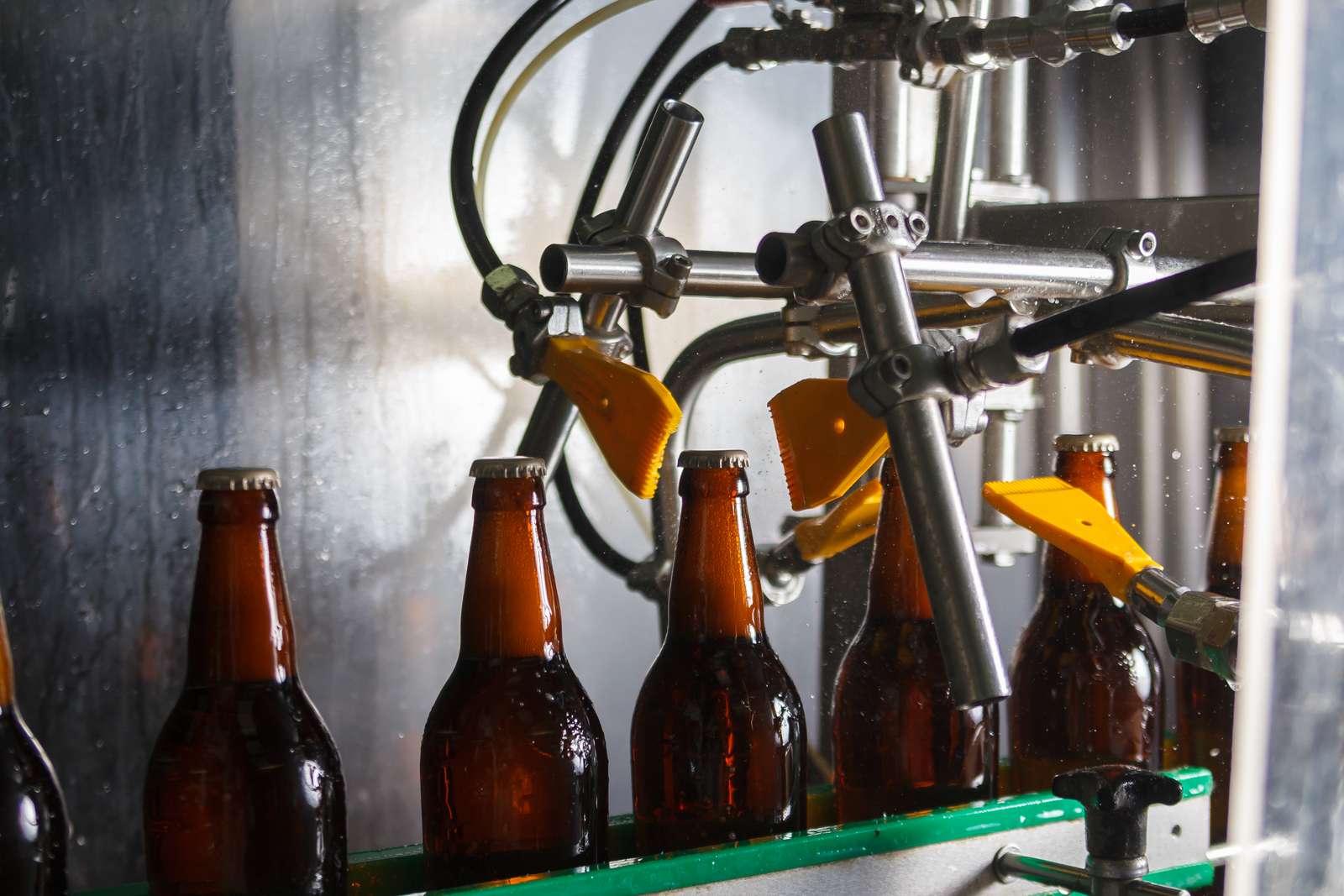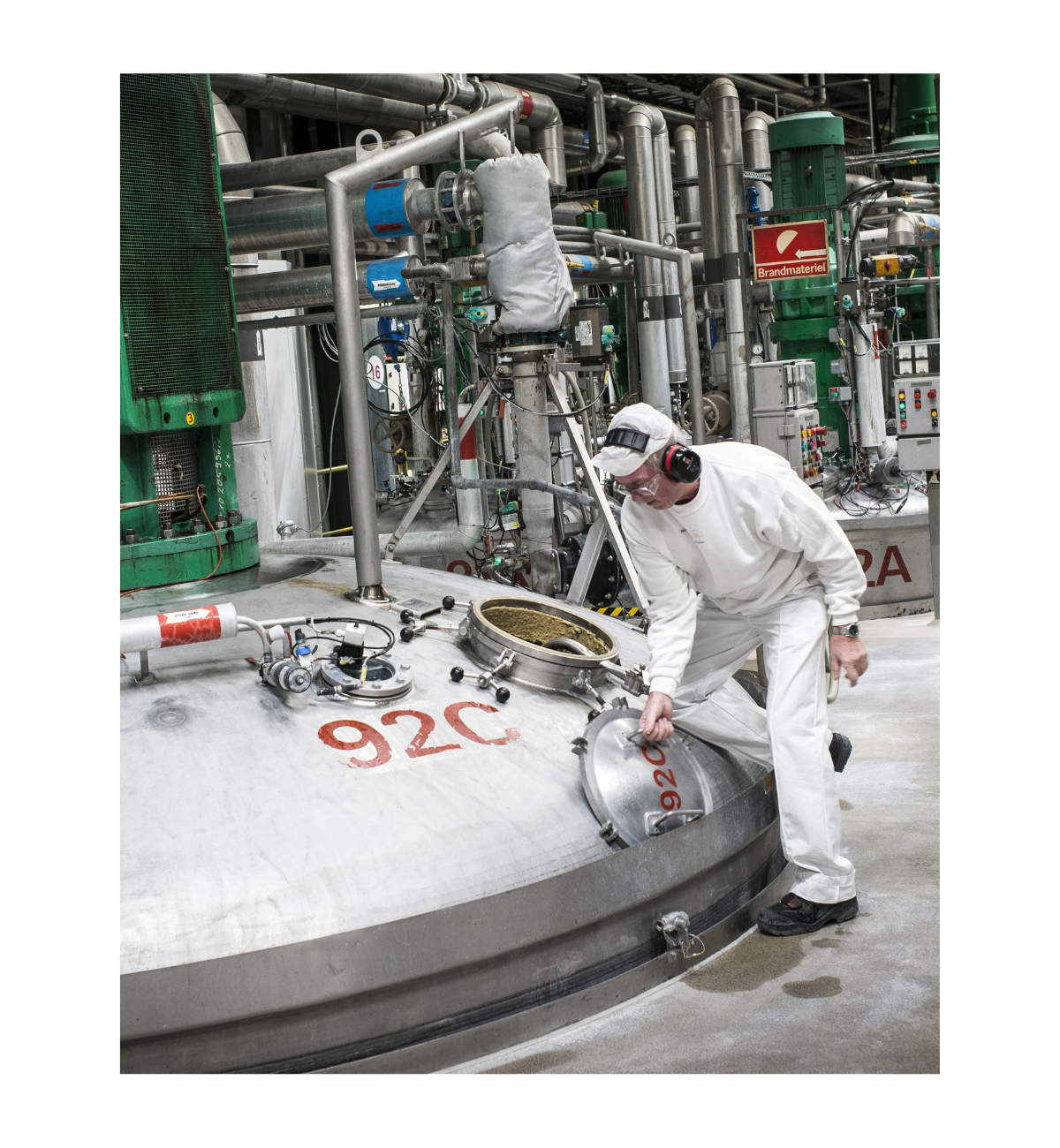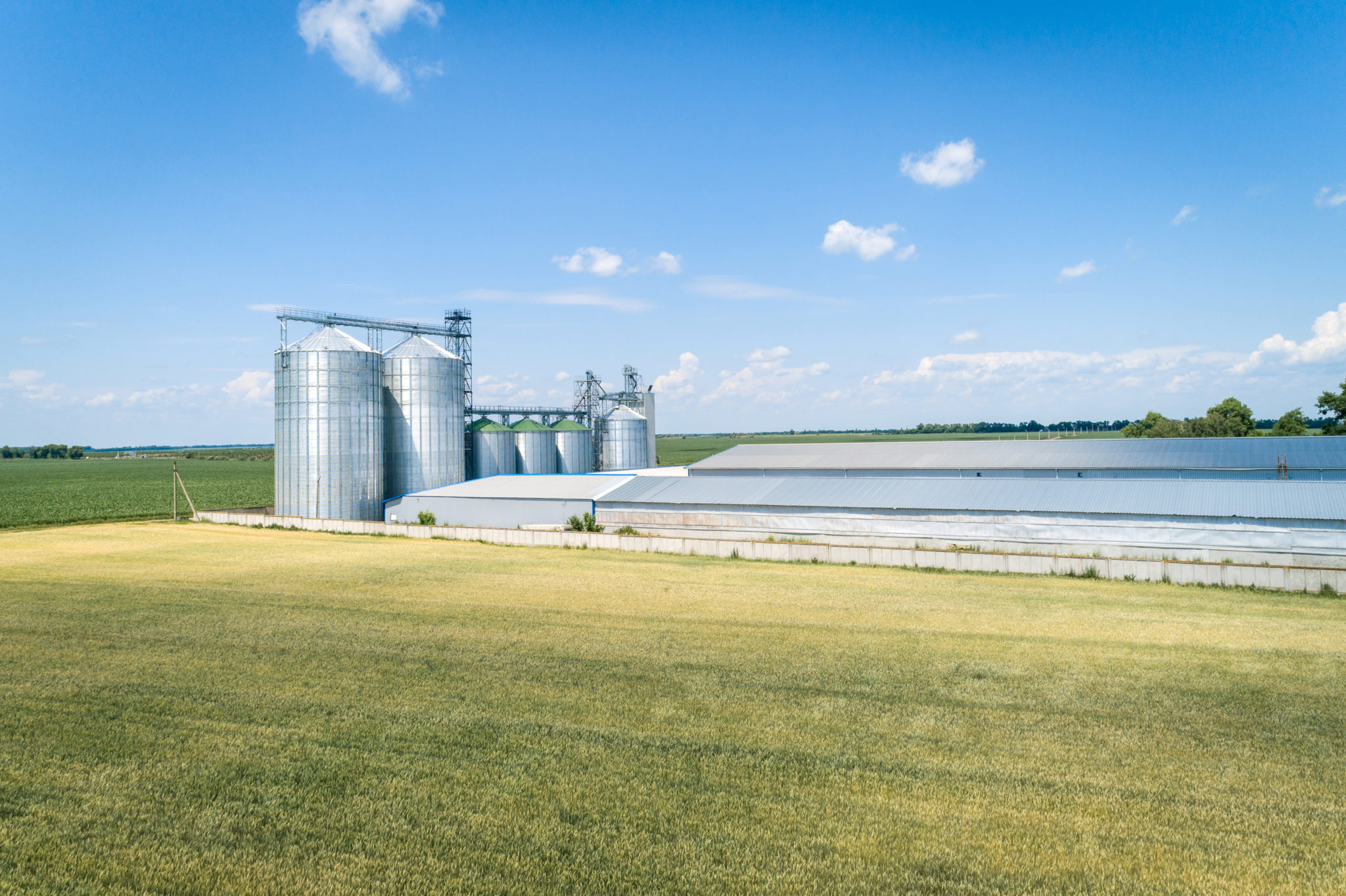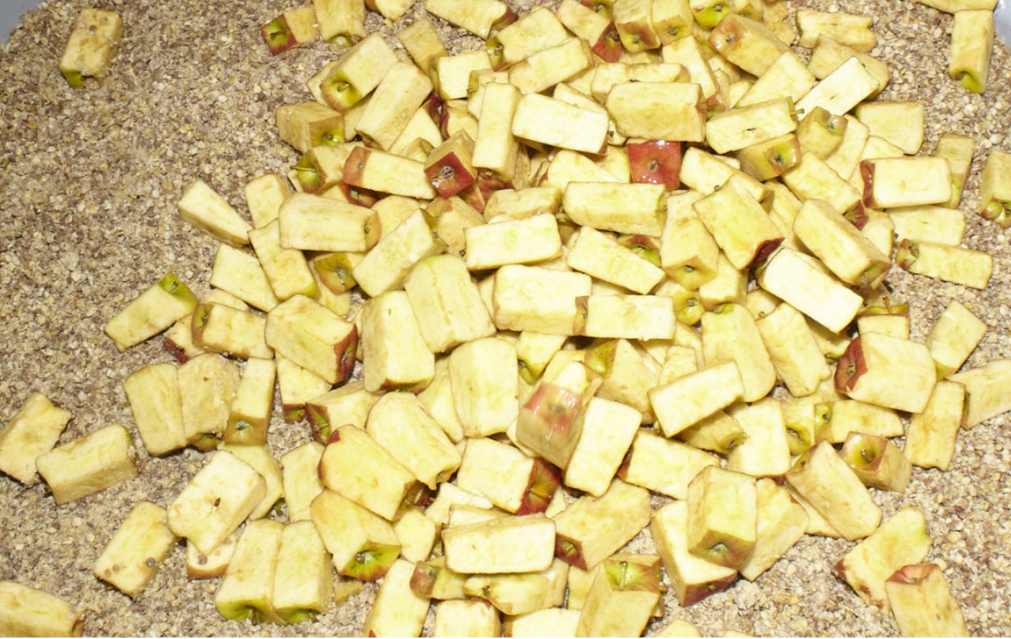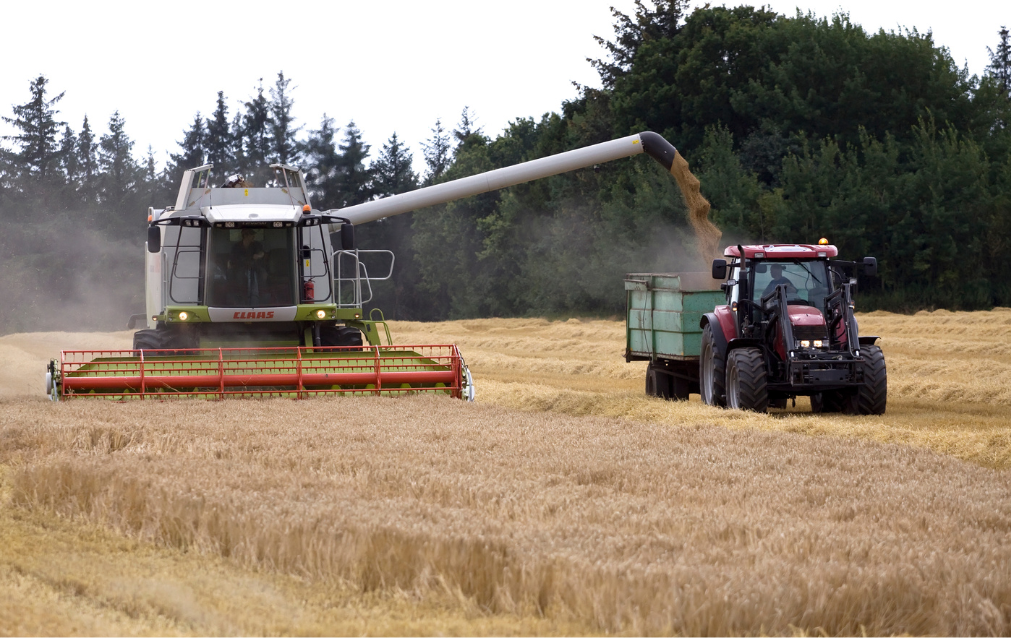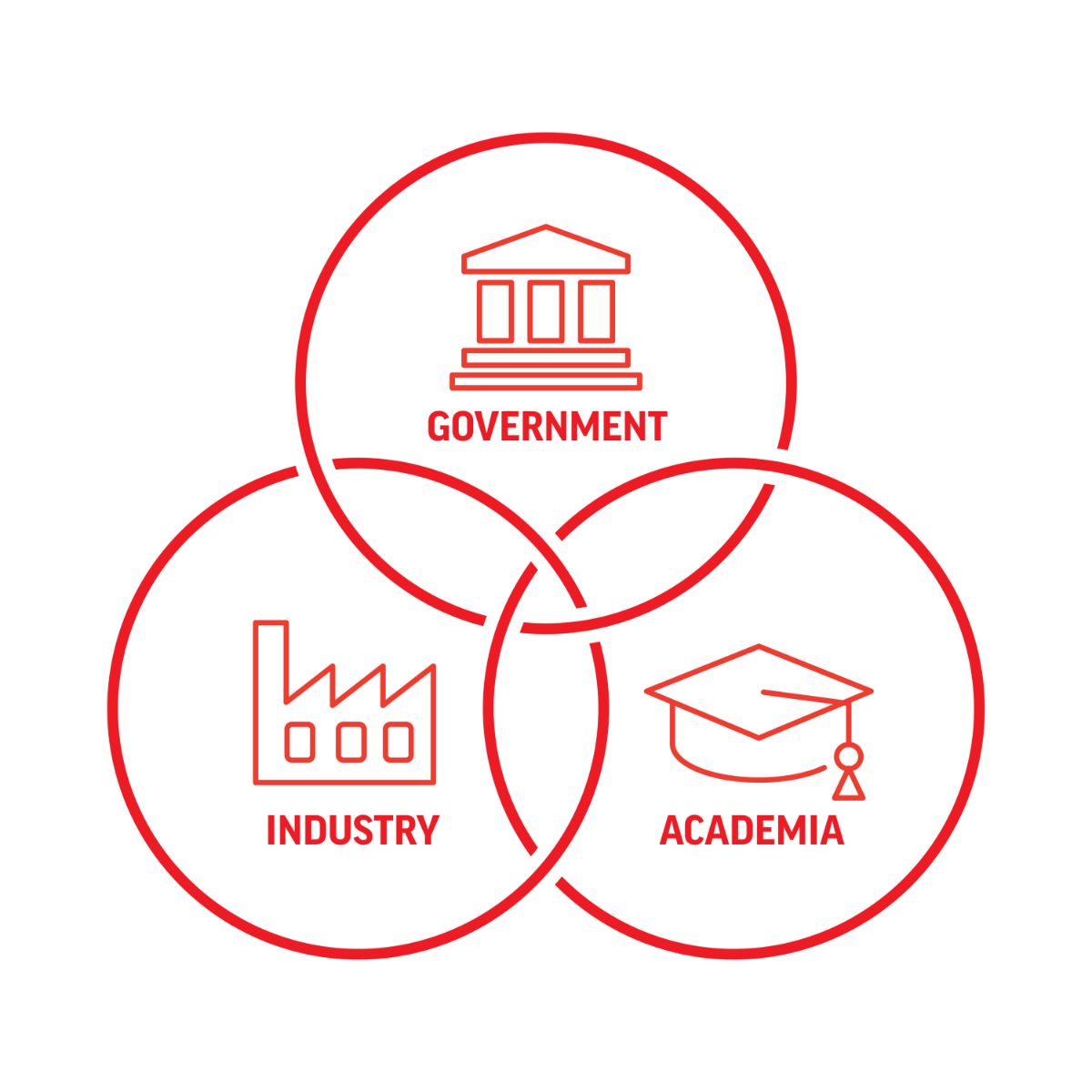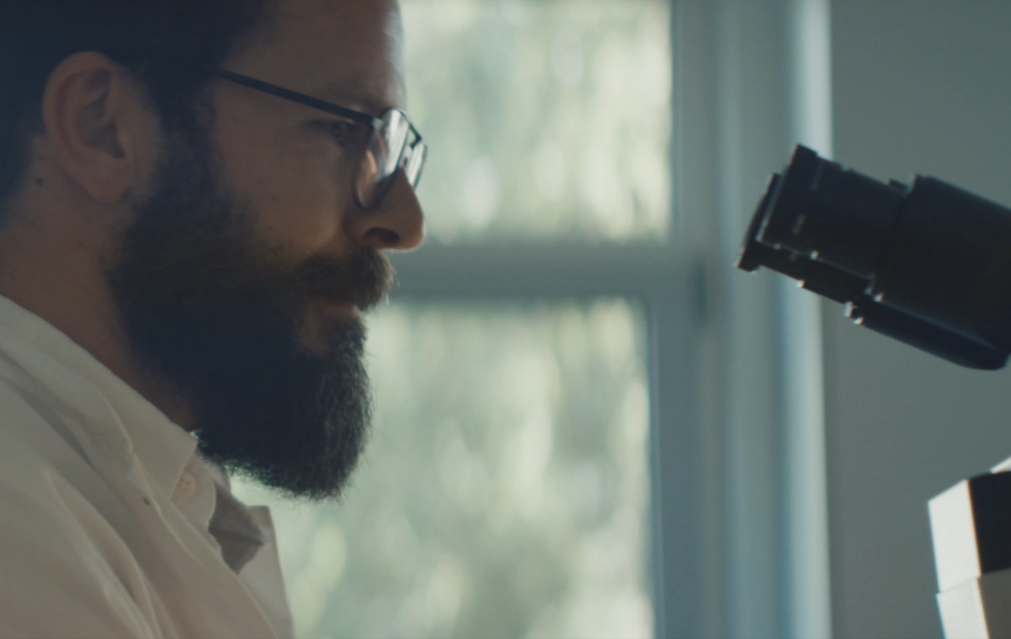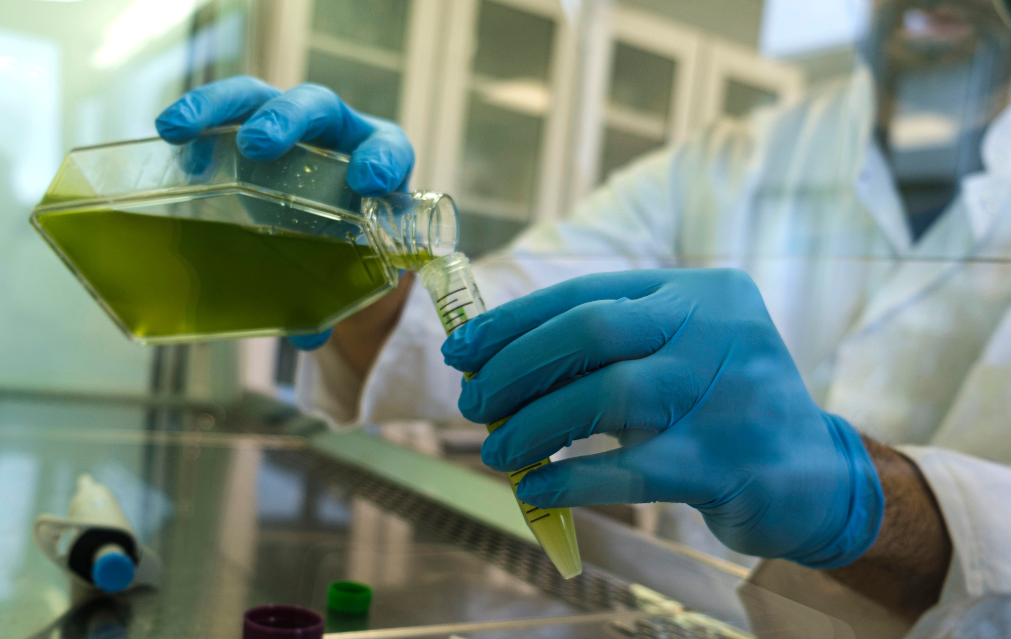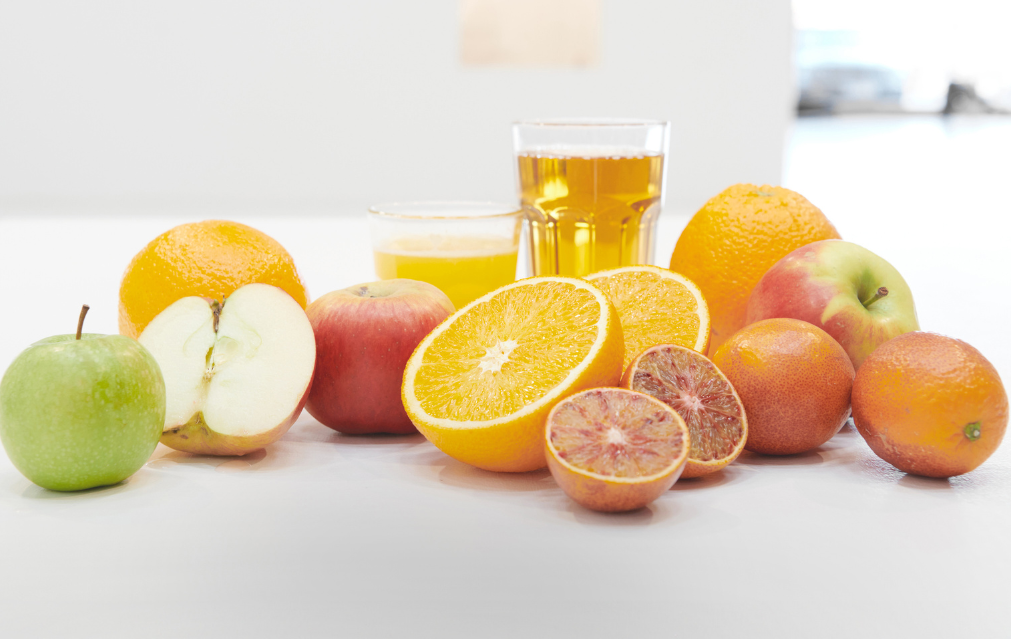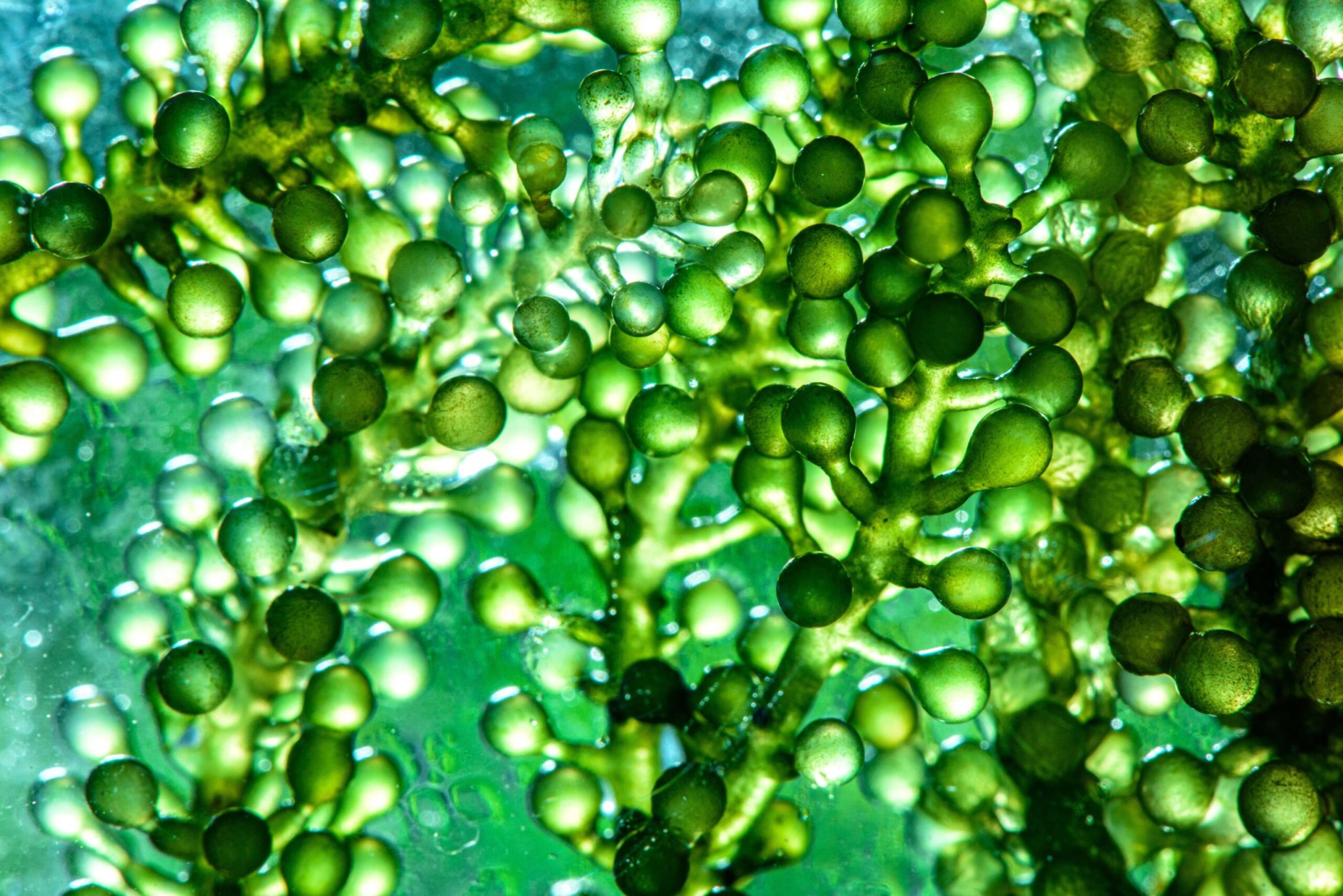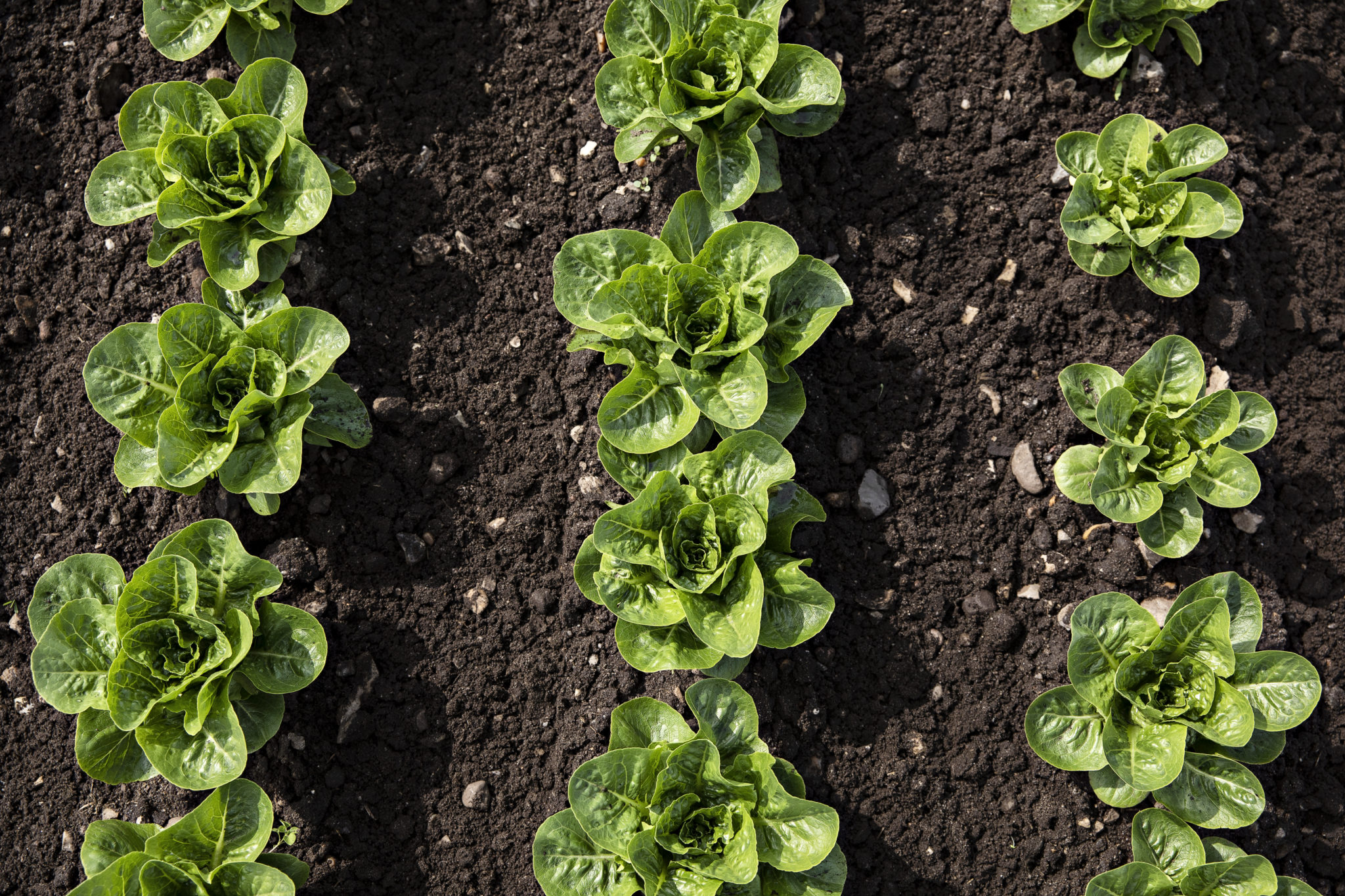Case collection by Denmark
The world is positioned better than ever to accelerate the global sustainable transition with biosolutions. To achieve a sustainable global food system, we need solutions to reduce methane emissions, develop plant-based proteins, use less land, counter food waste and exploit side streams from food production, as well as replace traditional fertilizers and plant protection products with biologically based solutions.
Biosolutions—nature-based tools applied at an industrial scale—are key. Enzymes, pheromones, fermentation, bio-refining and bacteria cultures drive the shift from a fossil-based to a bio-based economy. Denmark leads in this field. Danish companies have demonstrated the potential of biosolutions with resource-efficient products across various sectors. Continued investment, research, and collaboration will support this transition. Scroll on to see for yourself.




